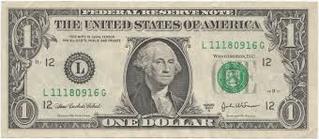Donald Trump is not the first president to have business dealings with foreigners, a law professor writes. That was actually George Washington. His nephew George Augustine Washington managed them while Washington remained involved. Thomas Jefferson, the third president, also continued to supervise his business while in office.
From the Wall Street Journal:
The new view of the Emoluments Clause advanced against Mr. Trump is that any pecuniary advantage constitutes a forbidden “emolument.” That would mean Washington and Jefferson would have had to ensure that no U.S. or foreign official stood on the other side of any transaction. Yet neither president, despite their close supervision, appears to have taken any such steps to curtail who they did business with.
One letter written by Washington deserves great attention in the current debate. On Dec. 12, 1793, Washington wrote to Arthur Young, an officer of the U.K. Board of Agriculture, an entity newly created and funded by Parliament at the initiative of William Pitt. The president asked for Young's help in renting out his Mount Vernon lands to secure an income for his retirement. Not finding customers in America, he wondered if Young, with his agricultural connections, could find and organize some would-be farmers in his home country and send them over. ... Such a direct business solicitation of a foreigner with foreign government ties would surely lead to cries of constitutional breach if Mr. Trump did it.
Read Full Article »




